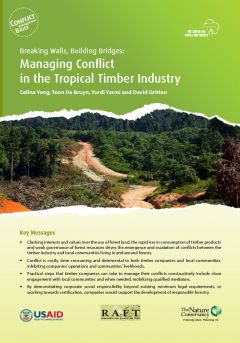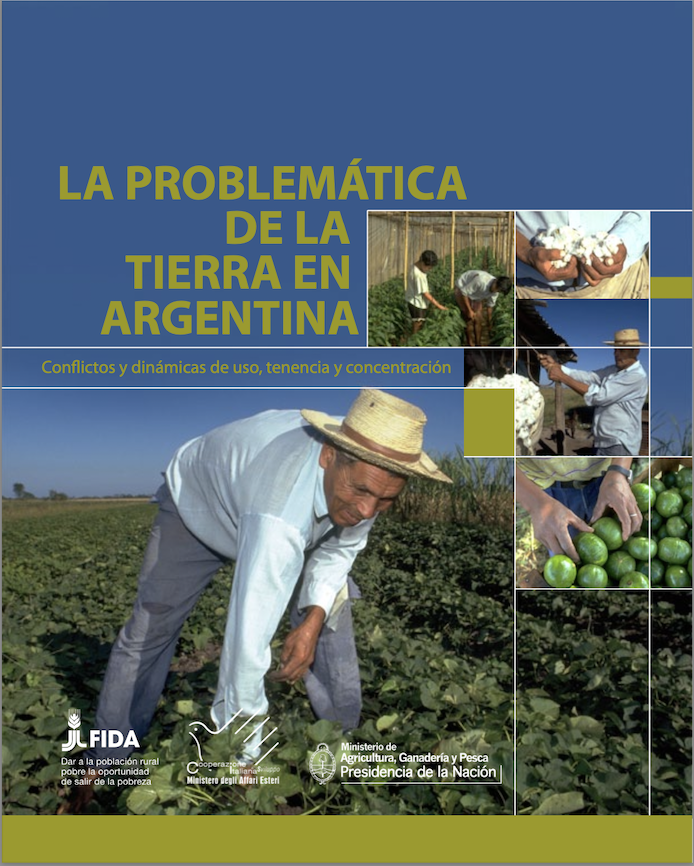Kachin Rapid Assessment |1
Executive Summary: "The instability in Kachin and Shan States that started in
early June 2011 has resulted in the displacement of
populations, loss of lives and livelihoods and damages
to infrastructure. The Kachin State government, local
and community]based organizations have been providing
some assistance to the displaced since the outset of
the conflict. International organizations have been
providing limited assistance through support to local
and community]based organizations, while continuing






